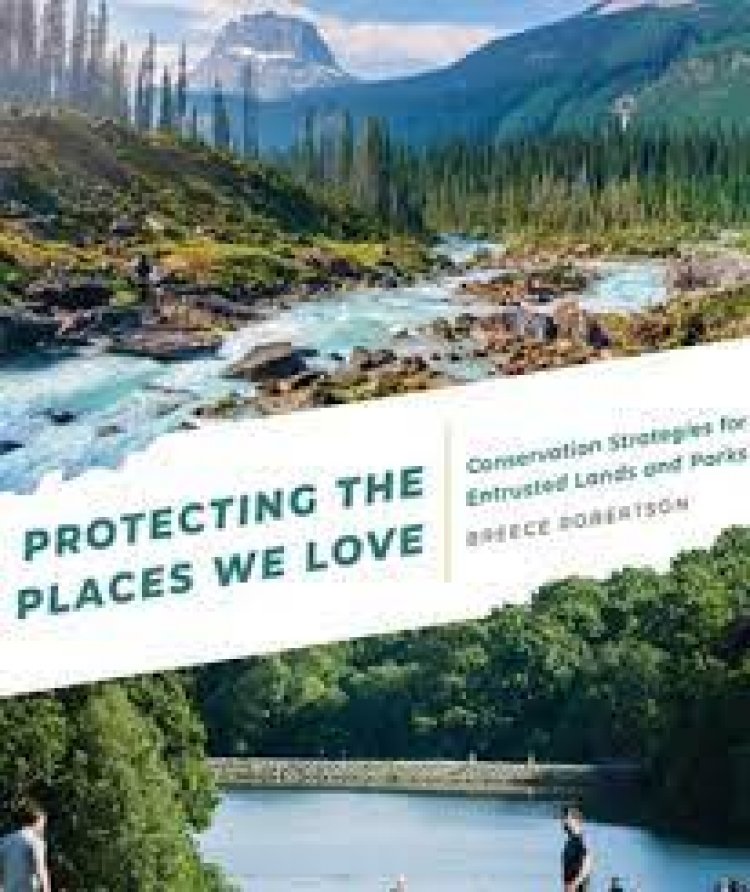Esri Releases Book That Is a Call to Action for Conservation

REDLANDS, Calif.: Esri, the global leader in location intelligence, today announced the publication of Protecting the Places We Love: Conservation Strategies for Entrusted Lands and Parks.
To avert catastrophic climate collapse and biodiversity loss, it will be necessary to save 30 percent of the earth's lands and waters by 2030 and 50 percent by 2050. On top of that, initiatives like the addition of urban green spaces are crucial, as the world recognizes that social and environmental inequity go hand in hand. These efforts will require bold strategies.
In Protecting the Places We Love: Conservation Strategies for Entrusted Lands and Parks, author and conservation strategist Breece Robertson addresses the need for a common language and a platform to connect all the great conservation work that's being done—and will be done—around the globe. She shows how the tools and information needed to achieve these goals are within reach of every person and organization, and that specifically, GIS technology and data can enable such participation.
Under an umbrella of collaboration, accessibility, and inclusiveness, Protecting the Places We Love shows how organizations can more effectively manage operations, grow partnerships, and engage the community while communicating more convincingly with supporters and with policy makers. Robertson issues a call to action backed by strategies, methods, and resources to help expand the pace and scale of land protection.
Protecting the Places We Love is perfect for conservation advocates and professionals working in small to medium-sized conservation organizations and has been endorsed by The Nature Conservancy, The Trust for Public Land, and the Lincoln Institute of Land Policy.
"Protecting the Places We Love provides a brilliant road map forward for anyone who is curious about a world where fresh air, majestic landscapes, and human connection can help solve our most intractable social challenges."
—Diane Regas, President and CEO of The Trust for Public Land















































